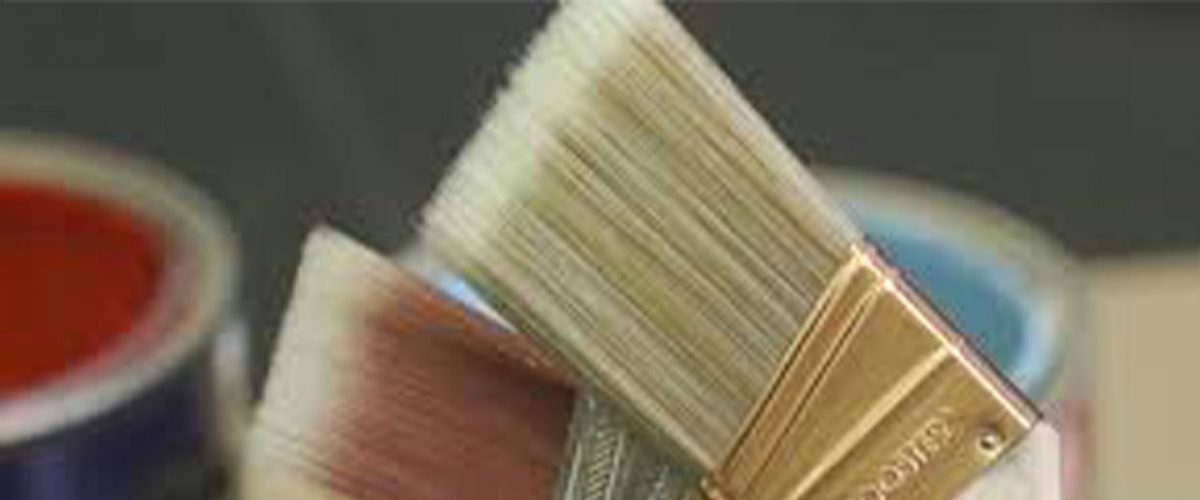Budget bills approved by state legislators in a flurry of action Tuesday provides for measured short-term growth while setting the stage for a comprehensive tax reform effort.
The new spending approved by the House and Senate included all of the requests made by the Department of Heritage & Arts. Among those funded requests are ongoing funding for a collections manager in the Division of State History and a one-time appropriation of $250,000 for the “Treasures” exhibition at the State Capitol. That exhibition will include the 1862 Pacific Railway Act, signed by President Abraham Lincoln, and three of the spikes used in the ceremony that marked the completion of the Transcontinental Railroad.
The department also received $2 million in one-time funding for grants administered by the Division of Arts & Museums. Although less than the amount proposed by Gov. Gary Herbert as well as what the Business, Economic Development, and Labor Subcommittee recommended, it’s still a significant investment by state leaders in cultural funding.
Additionally, intent language attached to the appropriation makes it clear that cultural organizations currently receiving direct appropriations from the Legislature should work through the grants process beginning next year. That sends a strong signal that while this $2 million is currently a one-time appropriation, legislators foresee ongoing funding.
In fact, $234 million of ongoing requests were only given one-time this year, said Rep. Brad Last, R-St. George, the House budget chair. That was done because of a tax reform effort that legislators had tried to tackle during this session but had to push back to later this year.
That tax reform effort aims to fix an imbalance between the education fund and general fund. Until it is fixed, legislators are reluctant to commit spending for ongoing programs.
In the days preceding Tuesday’s agreement, there was a very real possibility that House leaders would block nearly all of the new funding for this year because of the tax reform dispute. The new spending is in Senate Bill 2, which passed both the House and Senate.

